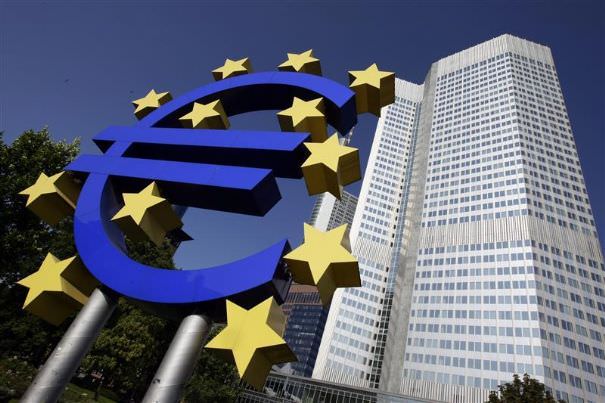Why Market Movers Matter
August 8, 2016

Their study therefore represents the key (or one of the keys) to predicting price movements and trading accordingly. Obviously, the issue is much more complex, and to master the study of market movers, a great deal of experience and a certain amount of theoretical knowledge is necessary. Certainly, they represent a very useful source of inspiration. The main resource for analyzing economic events is the economic calendar, which is the list of events that - according to practice - can influence prices. On the internet, you can find the calendar week by week, but often longer periods of time are taken into consideration. In any case, the calendar informs about the magnitude of the event, the place, and the time. This information is barely sufficient to cover the immense data needs of traders, but it represents a good starting point for analysis. What kind of analysis? Fundamental, obviously.
Fundamental analysis and market movers
Fundamental analysis is the practice of studying the economic environment in order to gain a certain awareness of price movements and, in perspective, predict their future trend. Although there are often no numbers or calculations involved, it is more difficult than technical analysis. It is, in fact, a matter of choosing what to focus your interest on and interpreting the news. Nothing could be more complicated since "free" interpretation is the enemy of all traders. In truth, there is very little freedom since, just like with technical analysis, fundamental analysis is based on an assumption: the market tends to repeat itself. Therefore, a given event should be studied through the magnifying glass of the past. The trader, comforted by the (presumed) fact that the same episode corresponds to the same reaction, approaches this type of practice with a confidence that risks being misplaced.
Fundamental analysis, however, lives on market movers. Although not limited to this, it is thanks to market movers that traders can predict rapid price movements and, in the most fortunate cases, even future trends. All this is to the detriment of the fans of technical analysis, who are convinced - rightly or wrongly - that studying the external environment is useless or worse, misleading, and that it is sufficient to turn one's attention to the charts.
How to follow market movers
The novice who opens an economic calendar is flooded with a sea of information about events, times, and places. The risk of getting disoriented is just around the corner. The good news, for the few traders who don't know it yet, is that it is not at all necessary to take them all into consideration. In fact, currencies are influenced by specific market movers, while they are totally indifferent to others. Although there is much to be said, it is possible to give some general advice.
In all economic calendars, next to the event there is a flag or an explicit indication of the reference nation. Obviously, if the market mover, i.e., the event, is marked by a nation's flag, then the influence on that country's currency will be greater. But that's not all. In fact, there are relationships that go far beyond simple geographical origin. To give an example, U.S. data, in addition to influencing the dollar, also have a certain impact on certain commodities, such as gold. The link between the greenback and the yellow metal is strong, deriving from historical issues (see Bretton Woods) but also economic ones. Another unique case concerns the European Union. However, not all Eurozone countries are capable of influencing the euro. The only nation that succeeds in this is Germany, which not surprisingly also plays a leading role from a political point of view.
The types of market movers
Regardless of nationality, what are the most important market movers for Forex? In general, anything that "comes out" of central banks has an importance on currencies. Obviously, events related to the ECB will impact the euro, events regarding the Federal Reserve will influence the dollar; events involving the Bank of Japan will exert an influence on the yen and so on. The reason why central banks are so important lies in their intrinsic ability to change prices, both directly and indirectly. They do it directly when they buy huge quantities of currency, just like a trader, shifting the balance of power.
Even more frequent is the influence through economic, or rather monetary, decisions. The reference is to the lever of interest rates. It is sufficient for the rate to drop by a few basis points to trigger a downward spiral, although factors of a different nature - and not only economic ones - contribute to this event. Therefore, pay attention especially to the conferences where interest rates are announced; that is the moment when the greatest profit opportunities are created.




